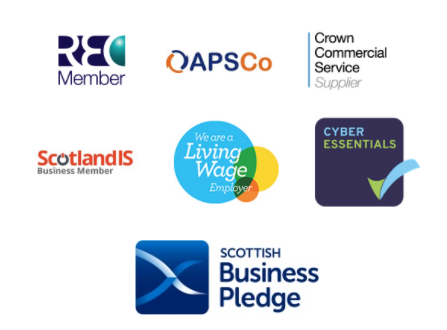

Software Testing plays an imperative role in enhancing the quality of any app or website. Some predict that 40% of the IT budget will be allocated on testing in 2022. In the era of digital transformation, the software industry is banking on cutting time to market life cycle by focusing on testing and QA, with enhanced functional testing across all channels. The rapid rise of the Internet of Things (IoT) will also drive testing in the year ahead, with increased testing across IoT apps and devices for usability, security and performance. This is not only because IoT devices demand constant connectivity, making them susceptible to risks and defects, but also because most customer depend on the QA before they purchase the product. This trend will continue to grow in the coming years.
Machine learning has brought revolutionary changes in process and workflows. Machine learning can be used for test suite optimisation, predictive analysis, log analytics, traceability and defect analytics. Obviously, every tester wants effective traceability and defect analytics. Therefore, the organisations of the future are
going to place more focus on machine learning in testing.

Look beyond experience with one tool – The best possible hire won’t always have the most experience with your testing tool or stack. Dismissing potential candidates because their CV doesn’t survive your keyword filter might rob you of a great engineer. So if you’re looking for someone to work with Cucumber, don’t ignore someone who has only worked with SpecFlow – they’re very similar tools. Take time and make sure someone technical is short-listing CVs.

Projects have deadlines, and work needs to be delivered on time. But if you also make time for people to experiment, your team will be happier and more eager to learn. Encourage them to keep up with current developments in the test automation world and give them time to try out new tools and solutions.

Any test automation team needs the right mixture of development and testing skills. But if you're looking to expand test automation activities on a wider scale in your organisation, you need to build up your team's consulting and presentation skills as well. Being able to demonstrate solutions and give advice on test automation-related issues to the wider organisation makes for an even more powerful and effective team.
| SALARY BENCHMARKS | RANGE | DAY RATE |
|---|---|---|
| Manual Tester | £30,000 - £50,000 | £300 |
| Automation Tester | £40,000 - £65,000 | £500 |
| Performance Tester | £40,000 - £65,000 | £500 |
| Penetration Tester | £40,000 - £70,000 | £600 |
| Test Team Lead | £65,000 | £500 |
| Test Manager | £70,000 | £600 |
| Head of Testing | £75,000+ | £700 |
CAST (Certified Associate in Software Testing)
CSTA (Certified Software Testing Engineer
STQB Agile Tester
ASTQB Certified Mobile Tester
ITSQB – Certified Tester Adv. Level: Test Manager
ITSQB – Certified Tester Adv. Level: Test Analyst
ITSQB – Certified Tester Adv. Level: Technical Test Analyst
ITSQB – Certified Tester Adv. Level: Test Automation Engineer

